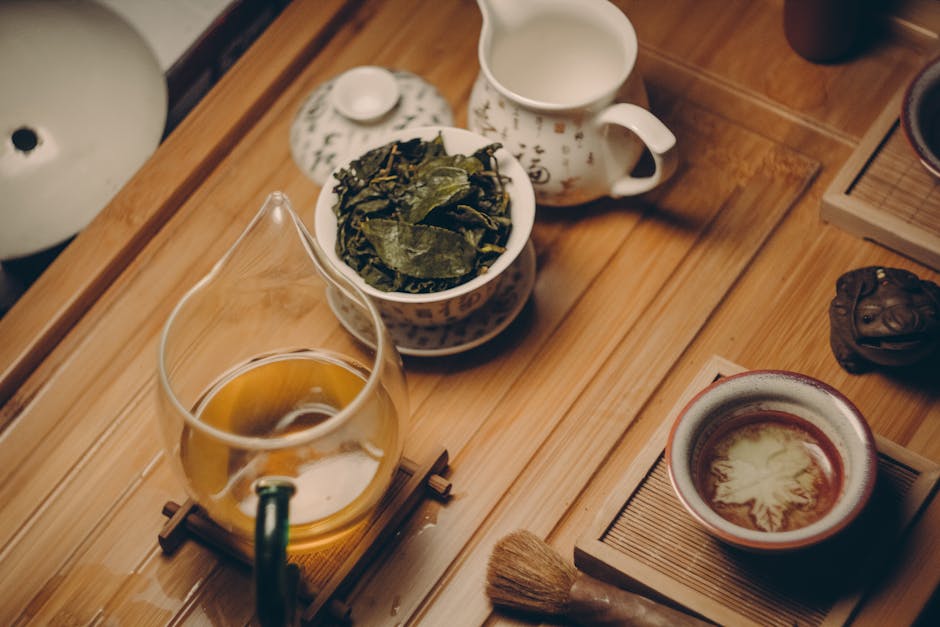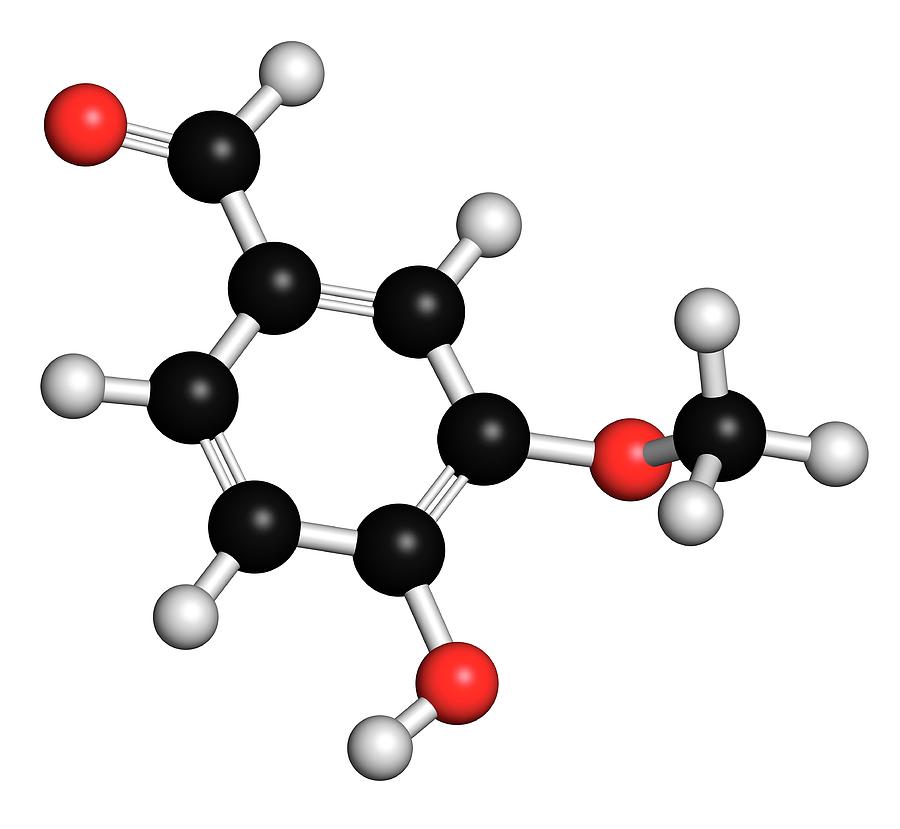Madagascar Wild Vanilla Leaf Tea: The Exotic Aromatic Brew Quietly Revolutionizing Global Wellness in 2025
Introduction to Madagascar Wild Vanilla Leaf Tea
In 2025, the global wellness community has found a new favorite: Madagascar Wild Vanilla Leaf Tea. This exotic brew, derived from the leaves of the vanilla orchid native to Madagascar, is quietly revolutionizing how people approach natural health and relaxation. Unlike traditional vanilla products made from the bean pods, this tea offers a unique aromatic experience combined with a host of wellness benefits.
Madagascar, known for its rich biodiversity and as the world’s leading producer of vanilla beans, has introduced this lesser-known part of the vanilla plant to the global market. The tea is gaining traction among health enthusiasts, herbalists, and tea connoisseurs alike for its delicate flavor and soothing properties.

The Origins and Harvesting of Wild Vanilla Leaf Tea
Madagascar’s vanilla orchids (Vanilla planifolia) thrive in the island’s humid tropical forests. While the vanilla bean is harvested for its seeds and pods, the leaves have traditionally been overlooked. Recently, local farmers and herbalists have begun harvesting these leaves sustainably, ensuring the orchids continue to flourish.
The harvesting process involves carefully picking mature leaves by hand, then drying them under controlled conditions to preserve their aromatic oils and beneficial compounds. This artisanal approach ensures the tea retains its natural vanilla fragrance without the intense sweetness of the bean.
- Sustainable harvesting: Leaves are collected without damaging the plant.
- Natural drying: Sun-dried or shade-dried to maintain aroma.
- Small-batch processing: Ensures quality and freshness.

Unique Flavor Profile and Brewing Tips
Madagascar Wild Vanilla Leaf Tea offers a subtle, aromatic flavor that differs from the rich sweetness of vanilla bean extracts. The tea has a light, floral vanilla scent with hints of earthiness and a mild natural sweetness. It is naturally caffeine-free, making it an excellent choice for any time of day.
To brew the perfect cup:
- Use 1 to 2 teaspoons of dried vanilla leaves per cup of hot water (about 90°C or 194°F).
- Steep for 5 to 7 minutes to extract the full aroma and flavor.
- Optional: Add a touch of honey or a slice of lemon to enhance the taste.
Many tea lovers appreciate its gentle complexity and often blend it with other herbs like lemongrass or chamomile for a customized wellness infusion.

Health Benefits Backed by Science
While research on vanilla leaf tea is emerging, traditional herbal medicine and preliminary studies suggest several health benefits:
| Benefit | Description | Supporting Evidence |
|---|---|---|
| Antioxidant Properties | Rich in polyphenols that help neutralize free radicals. | Studies on vanilla extracts show antioxidant activity; leaves contain similar compounds. |
| Anti-inflammatory Effects | May reduce inflammation and support immune health. | Traditional use in Madagascar for soothing ailments; ongoing research. |
| Stress Relief | Calming aroma helps reduce anxiety and promote relaxation. | Aromatherapy studies highlight vanilla scent’s calming effects. |
| Digestive Aid | Gentle on the stomach and may improve digestion. | Herbalists recommend vanilla leaf tea for digestive comfort. |
As with any herbal product, it is advisable to consult a healthcare professional before regular consumption, especially for pregnant women or those with allergies.

Global Wellness Trends Embracing Exotic Herbal Teas
The rise of Madagascar Wild Vanilla Leaf Tea aligns with broader wellness trends emphasizing natural, plant-based remedies and sensory experiences. Consumers in 2025 are increasingly seeking teas that offer more than just flavor — they want holistic benefits that support mental and physical health.
Key trends driving this tea’s popularity include:
- Functional beverages: Drinks that provide health benefits beyond hydration.
- Exotic and authentic sourcing: Interest in rare, sustainably harvested ingredients.
- Aromatherapy integration: Using scent to enhance mood and wellbeing.
- Mindful consumption: Ritualistic tea drinking as a form of self-care.
Wellness brands and cafes worldwide are incorporating Madagascar Wild Vanilla Leaf Tea into their menus, often pairing it with meditation sessions or spa treatments to amplify relaxation effects.

Where to Find and How to Incorporate Madagascar Wild Vanilla Leaf Tea
As demand grows, Madagascar Wild Vanilla Leaf Tea is becoming more accessible through specialty tea shops, online marketplaces, and wellness boutiques. When purchasing, look for:
- Certified organic and sustainably harvested products to ensure quality and environmental responsibility.
- Transparent sourcing information from Madagascar to support local communities.
- Loose leaf packaging for freshness and optimal brewing.
To incorporate this tea into your daily routine:
- Start your morning with a calming cup to gently awaken your senses.
- Use it as an afternoon ritual to reduce stress and improve focus.
- Enjoy it in the evening as a caffeine-free alternative to unwind before bed.
For those interested in DIY wellness, vanilla leaf tea can also be used as a base for homemade herbal blends or infused into bath water for a fragrant, soothing soak.

Embrace each sip as a journey to wellness, where nature’s quiet magic transforms your day.
-Hot Water
Comments
Post a Comment